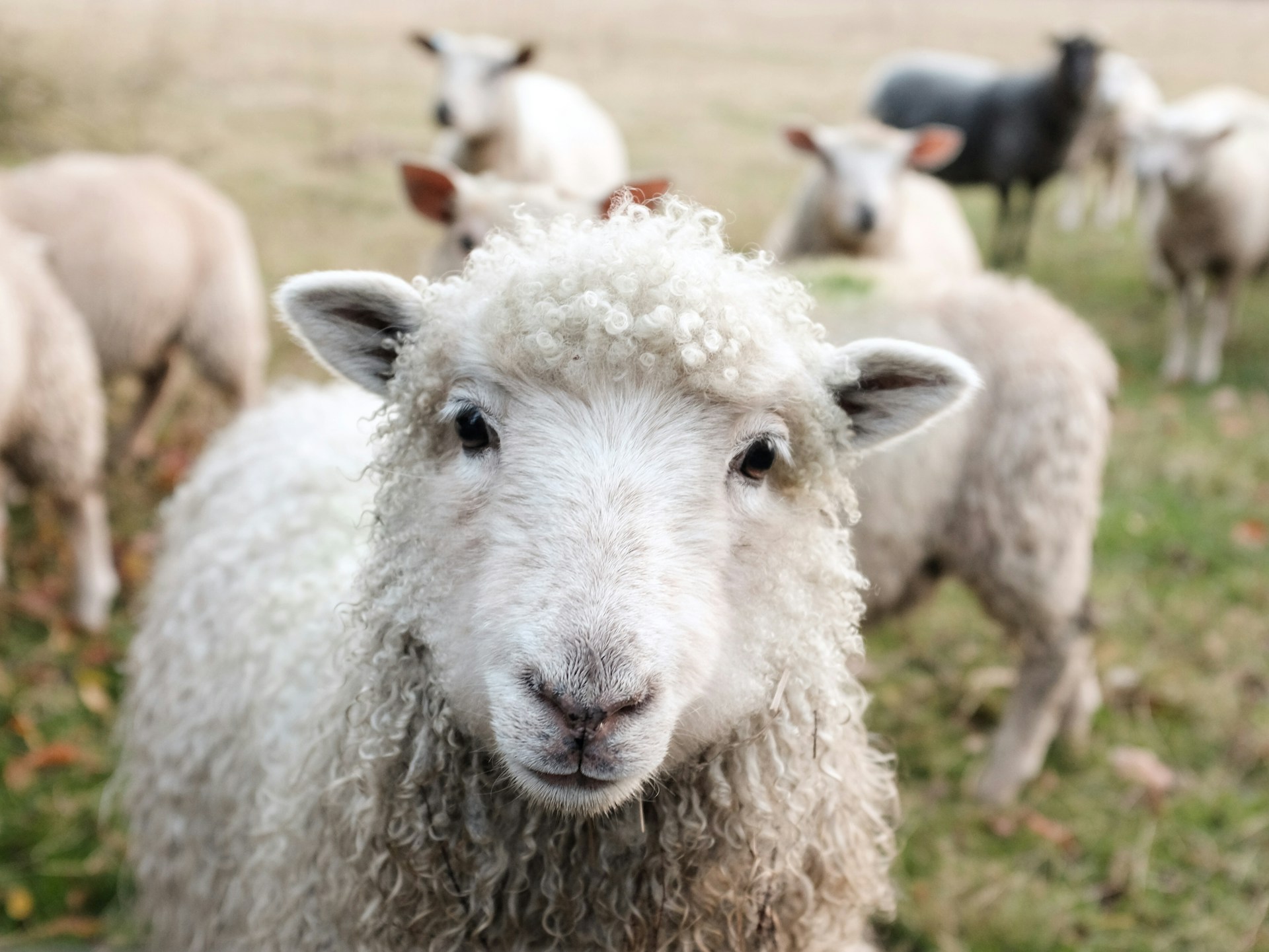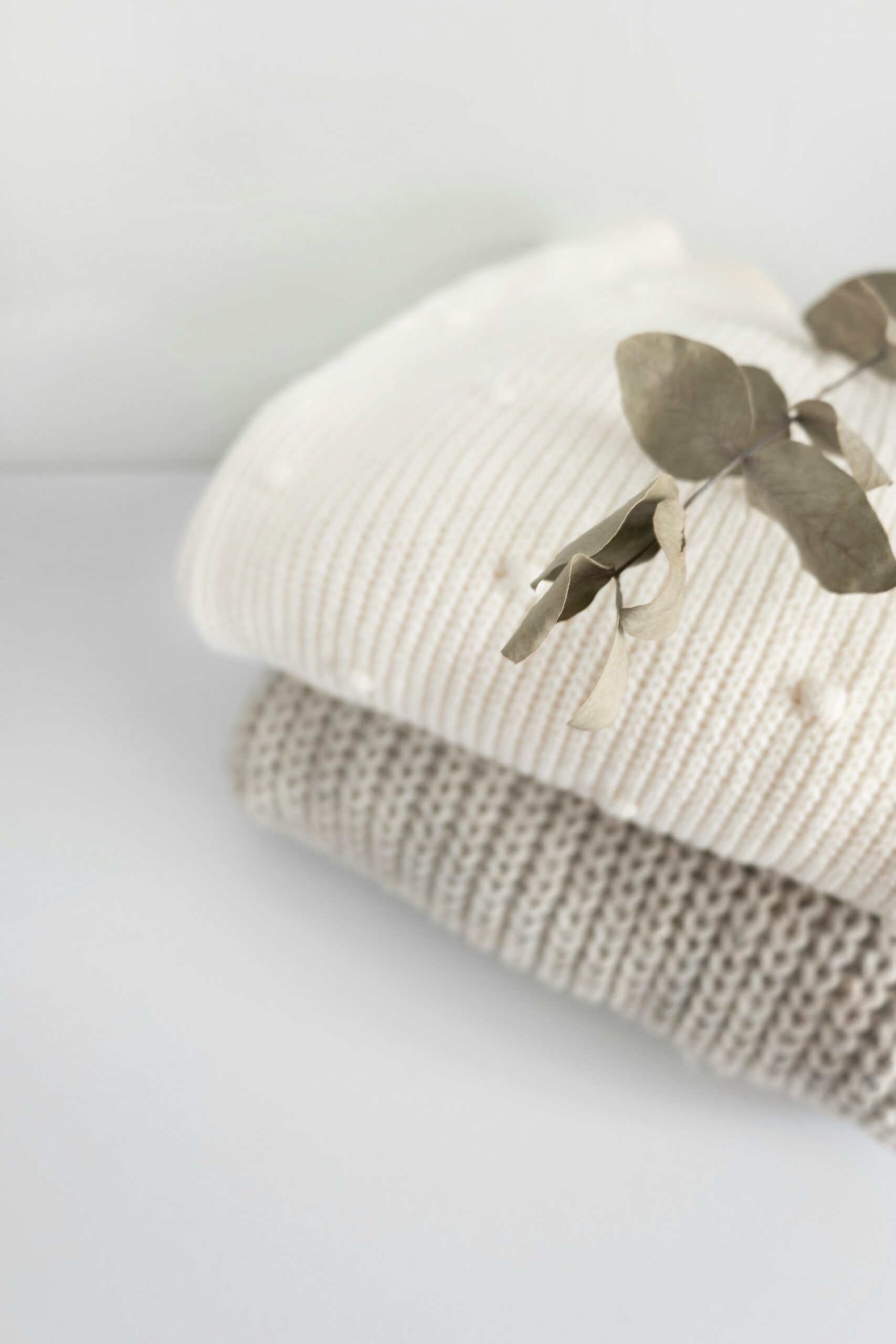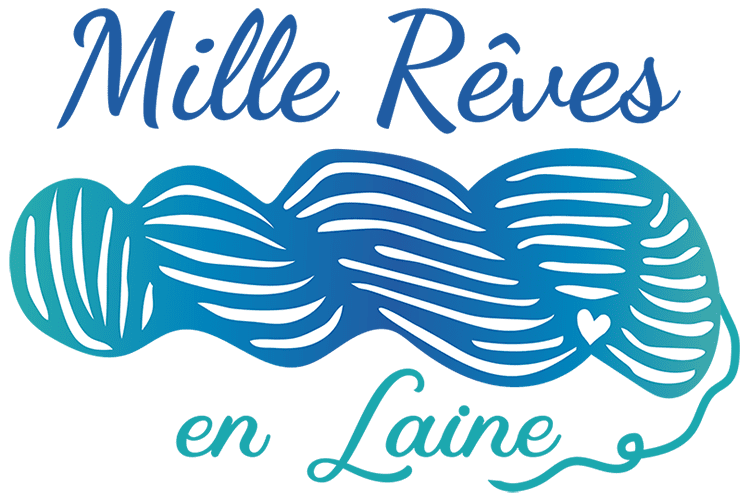Where Do I Get My Undyed Yarns From?
I currently buy undyed yarns from two sources.
1. Most of my undyed yarns are from one supplier who I chose because their ethics are very similar to mine. It’s important to me that animals and workers are treated well by the farms, mills and processing factories involved in making the undyed yarns I buy -and my supplier also has these values.
My supplier works with small farms. The owners are knowledgeable about how the farms are run and mindful about the welfare of the animals involved in providing the raw fleece and fibres for their wool. They will not work with farms in Australia who engage in the cruel practise mulesing sheep.
See here to find out more about museling.
My supplier also has a sound equality and diversity policy and are involved in various social projects, such as: sponsoring both the playing kit and the practice kit for a women’s football team in Wales; contributing towards the daily running costs of a school in Peru; using and therefore supporting a small company in Peru employing young women to make mini skeins; supporting a hand-spinning project in the highland communities in Peru by commissioning a Chunky hand spun yarn from them.
The Yarns
The Blueface Leicester is British and comes from small farms, mainly from Wales in the UK, but also from other small, UK sheep farms. The Superwash treatment for our Superwash BFL is carried out in the UK and to the highest UK environmental standards possible.
The Merino is all from South America, and the Superwash Merino is treated in Europe to the highest Oeko-Tex standard. Learn more about modern Superwash processes here.
The Peruvian Highland Wool, (which is non-Superwash), is from small farms in the Peruvian mountains. It comes from a crossbreed of sheep derived from Corriedale and Merino. The sheep live in the Peruvian highlands at over 2,000m above sea level. This environment allows them to produce a wool that is dry, crimpy and durable.
The Alpaca is from the Peruvian Andes, from small farmers whose way of life is their animals, so it’s definitely in the interests of these farmers to keep the welfare of their animals at front of mind. The mill involved with these farms works closely with the alpaca farmers to improve breeding programs and help them to produce the best alpaca in the world.
The Mohair is sourced from South Africa, and is RMS, (Responsible Mohair Standard), Certified.
The Cashmere comes from Mongolia and China
The Yak comes from Tibet & Mongolia
The Bamboo is processed in Italy
The TENCEL® is processed in Europe. TENCEL® is the brand name, owned by Lenzing Fibers of Austria, for fabrics made from a fibre generically called Lyocell. The yarn is spun from wood pulp, and is the most eco-friendly manufactured yarn currently made. I use Tencel in my own knitting and weaving instead of silk, (which I am personally opposed to), and love it’s ‘silkiness’.
See here for more about the amazing benefits of this yarn.
The Donegal Neps are made in Italy, then spun into the BFL or Merino wool
The Nylon is made in Germany.
2. My second source of wool is a small farm here near to me in France. The most eco-responsible I can get – and a 100% Made in France production!
The farm breeds Hampshire Down sheep, who’s wool is fine, soft and resilient – perfect for knitting, crochet and fine weaving. The sheep are reared with love and kindness and I am extremely pleased to be able to obtain pure wool from them. All of the sheep live for several years grazing the meadows, fertilizing the soil ready for cereal crops and die a natural death. A few of the sheep are used for sheep production.
The wool is sorted carefully so that only the finest and smoothest is sent for spinning. It is then sent to be washed in one of the last French wool laundries. Once washed, the wool is spun in a spinning mill in Creuse, France
This farm works with other local shepherds who breed sheep that also have beautiful wool. These wools are mixed in with the Hampshire Down wool to create the best blend.
The range I hand-dye from this wool, I’ve named ‘Beau’ and I currently have a range of colourways in:
Fingering, (4 Ply, Sock) at 400m per 100g, (‘Beau’)
DK, (Double Knit), at 267M per 100g, (‘Beau DK’)





